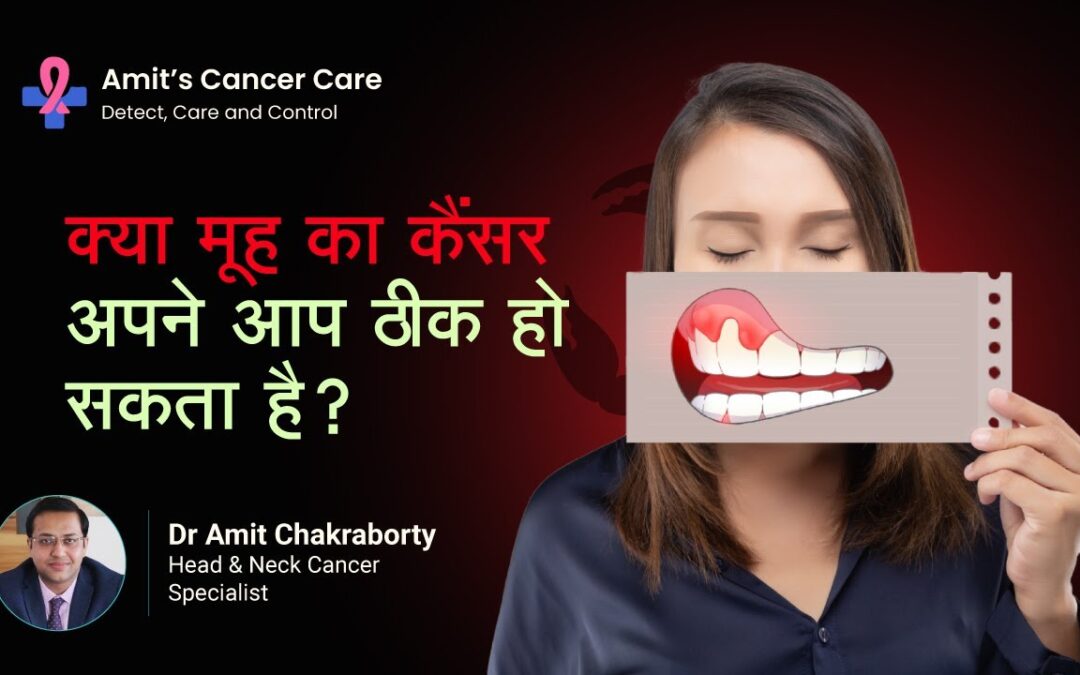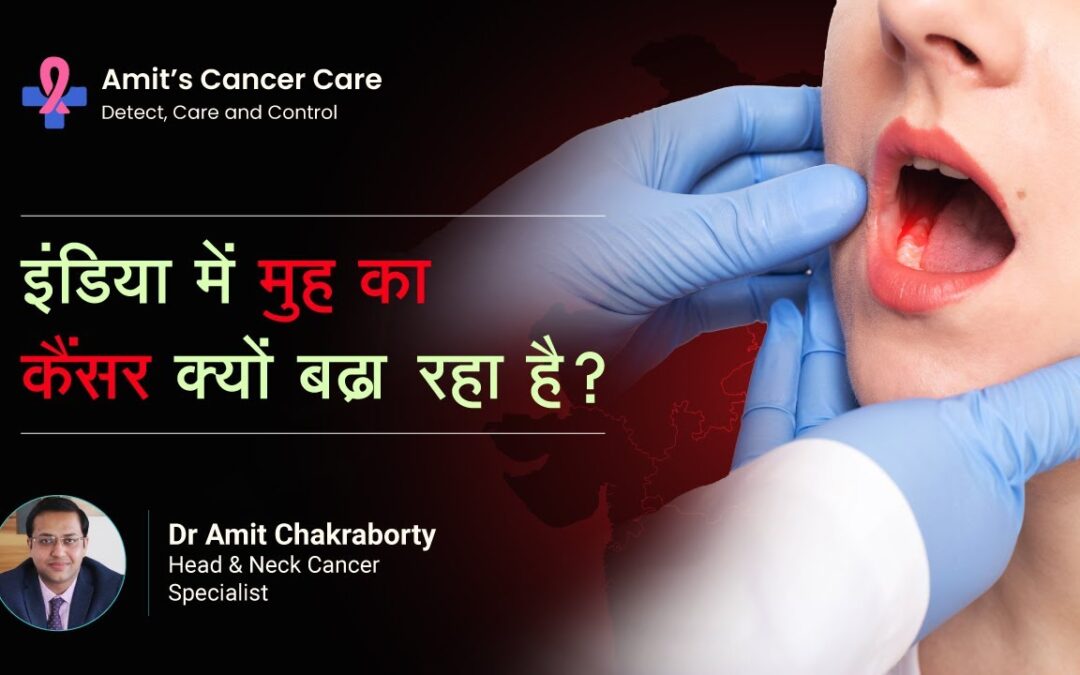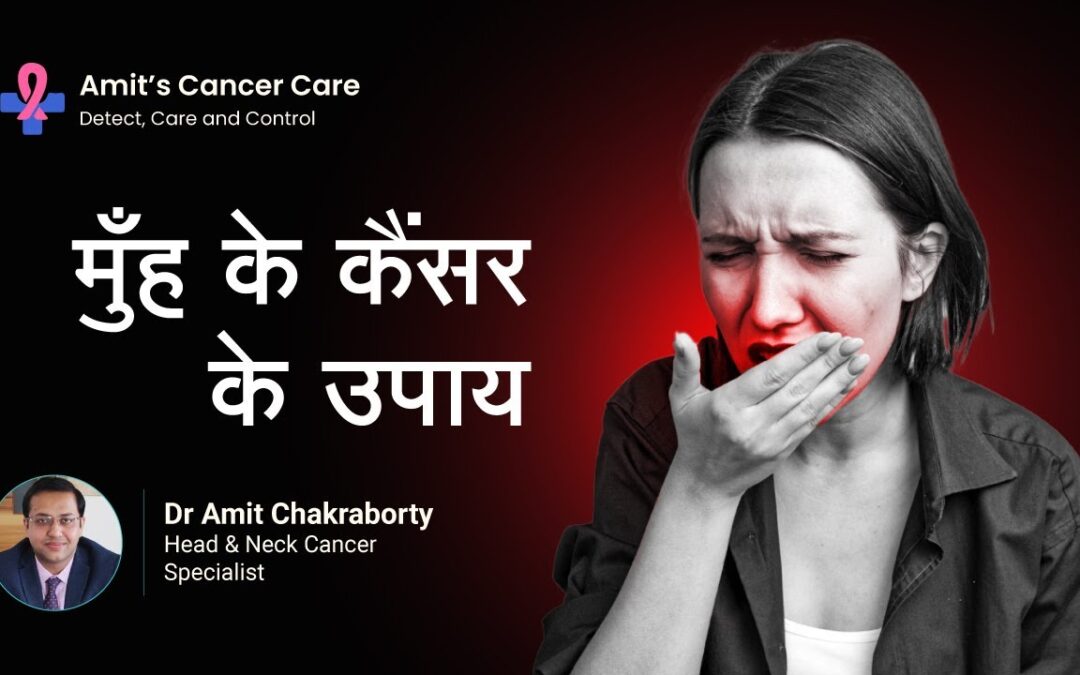Laryngeal and
Hypopharyngeal Cancer
ON THIS PAGE
Overview
Larynx is the voice box in the neck. It produces vocal sounds and prevents the passage of food and other foreign particles into the lower respiratory tracts. Cancers which starts in the larynx are called Laryngeal cancers. Hypopharynx is also known as gullet and it is the lower part of the throat.
Cancers starts in the hypopharynx are called as Hypopharyngeal cancers. Laryngeal and Hypopharyngeal cancers are two main types of cancer in the head and neck region. Almost all cancers in the larynx or hypopharynx develop from thin, flat cells called squamous cells.
Dr Amit Chakraborty is a very skillful, well experienced and capable Cancer Surgeon. He is an expert in Voice Box (Larynx) surgery. Dr Amit Chakraborty has mastery in Artificial Voice Box implantation.
Signs and Symptoms
In most cases, laryngeal and hypopharyngeal cancers show common symptoms such as:
- Hoarseness or voice changes
- A sore throat
- Constant coughing
- Pain during swallowing
- Trouble in swallowing
- Ear pain
- Trouble in breathing
- Weight loss
- A lump in the neck (due to spread of the cancer to nearby lymph nodes)
Causes
Major causes of Laryngeal and Hypopharyngeal cancers are:
- Alcohol: Frequent and heavy consumption of alcohol increases the risk of both laryngeal and hypopharyngeal cancer.
- Tobacco: 85% of head and neck cancer occurs due to tobacco use. Secondhand smokes also increase risk of Laryngeal and Hypopharyngeal cancers.
- Gender: Men are 4 to 5 times more likely than women to develop laryngeal and hypopharyngeal cancer.
- Age: People over age of 55 are at higher risk, although younger people can also develop these types of cancer.
- Race: Black people and white people are more likely to develop laryngeal and hypopharyngeal cancer.
- Poornutrition: A diet low in vitamins A and E can increase a risk of laryngeal and hypopharyngeal cancer.
- Human Papillomavirus Infection (HPV): Infection with certain types of laryngeal and hypopharyngeal cancer.
- Gastroesophageal reflux disease (GERD): Chronic reflux of stomach acid into the larynx and pharynx can cause laryngeal and hypopharyngeal cancer.
- Workplace Exposure: Exposure to asbestos, wood dust, paint fumes, and certain chemicals may increase a person’s risk of developing laryngeal and hypopharyngeal cancer.
- Genetic Syndrome: People with genetic syndrome like Fanconi anemia and Dyskeratosis congenital can develop laryngeal and hypopharyngeal cancer.
Diagnosis
Laryngeal and Hypopharyngeal Cancer is curable if it is detected at early stage. Various diagnosis options include:
- Medical history and physical examination
- Direct (flexible) laryngoscopy
- Indirect laryngoscopy
- Penendoscopy
- Endoscopic biopsy
- Fine needle aspiration (FNA) biopsy
- Imaging tests such as CT scan, MRI scan, X rays and PET scan
Types of Treatments
Laryngeal and Hypopharyngeal Cancer treatment depends on the stages and severity of cancer.
Laryngeal Cancer treatment depend on the stages of cancer
- 1 Stage: At 1 stage of Laryngeal Cancer, endoscopic surgery or radiation therapy is performed.
- 2 and 3 Stage: In this stage, larynx is totally removed either by radiation therapy (without surgery) or partial laryngectomy.
- Advanced Stage: At advanced stage laryngeal Cancer is often treated with the combination of surgery, radiation and chemotherapy.
Hypopharyngeal Cancer treatment depend on the stages of cancer
- 1 Stage: At 1 stage of Hypopharyngeal Cancer, surgery with or without radiation therapy is performed.
- 2 or Advanced Stage: In this stage, surgery is done to remove larynx, pharynx and lymph nodes in the neck. The surgery is followed by radiation alone or radiation with chemotherapy.
Partial and Total Laryngectomy (Half and Full Voice Box Removing)
A Laryngectomy is the surgical procedure of removing part or the entire larynx (voice box). Cancer Surgeon performs Laryngectomy in the treatment of Laryngeal cancer. Main types of Laryngectomy surgeries are:
Partial Laryngectomy (Half Voice Box Removal)
The Partial Laryngectomy is a surgical procedure performed on the voice box to preserve the patient’s voice. In this procedure, surgeon removes part (half) of the voice box mainly including one vocal cord and part of a cord. Partial Laryngectomy is a very beneficial surgery for a throat cancer patient not only in retaining some normal speech but also in doing normal swallowing function.
Total Laryngectomy (Full Voice Box Removal)
In Total Laryngectomy surgical procedure, a whole larynx (voice box) is removed. Doctor creates a permanent stoma (tracheostomy) for breathing. This procedure involves the removal of a portion of the pharynx (the tubular structure connecting the nose, larynx and lungs), some lymph nodes and some nearby muscles. Total Laryngectomy is done in case of advanced stage of Larynx Cancer. After the Total Laryngectomy, patient can swallow food and liquid without any major problem for about six months. But after six months of surgery, it is necessary to implant Artificial Voice Box for normal swallowing of food.
Artificial Voice Box
- Artificial Voice Box is known as This is a battery operated machine which produces sound to create voice. Artificial voice box is mainly used for patients whose entire voice box is removed due to Total Laryngectomy surgery.
- Speech and Language therapist provides proper training to patient regarding the use of Electrolarynx.
Patients with a Partial Laryngectomy are more likely to have a better quality of life than patients with a Total Laryngectomy. Laryngeal and Hypopharyngeal Cancer is preventable and curable. Today various advanced treatment options are developed to cure and control cancer.
Dr Amit Cancer Care Clinic is a well equipped with advanced medical technology to provide world class treatments to all types of cancer patients. Dr Amit Cancer Care Clinic strictly follows all the medical standards for the diagnosis, treatment and prevention of cancer disease.
About Doctor

Dr. Amit Chakraborty
Cancer Surgeon
Dr. Amit Chakraborty is a Surgical Oncologist in Girgaon, Mumbai and has an experience of 15 years in this field. He is a well known cancer specialist with an expertise in diagnosing and treating head and neck cancer.
Patient Reviews
Patient Reviews & Feedback
3563+ Happy Patients
- Vandana Sharma

- 40+
Patient Age
Best Cancer Surgeon. Dr Amit Chakraborty is a very kind, supportive and skillful Cancer Surgeon. He has treated and cured numerous complicated Throat, Neck and Mouth cancer cases successfully.
- Pranit Patil

- 50+
Patient Age
A special thanks to Dr Amit Chakraborty, Amit Cancer Care, one of the finest Oncosurgeons in India and such a delightful personality! I simply cannot thank him much for his relentless efforts in treating my father. He has a magic in his words while explaining things calmly. He is the one who boosted confidence in the 1st visit itself and everything sounded so easy after in his presence. All the best Dr.Amit for your future endeavors!
Blogs & Videos
Blogs

Let’s Pledge To Conquer Cancer
There are many diseases like Heart Failure and others which have a worse prognosis or a higher death ratio in the world. But still today, Cancer is considered as a Taboo in the society.

Is Throat Cancer Curable?
Surgery and/or radiation treatment may be used to treat early-stage malignancies of the throat since they are tiny, localized, and highly curable when treated early.

How Quickly Does Throat Cancer Develop?
Cancer, in terms of biology, is nothing more than a collection of sick cells that divide at a much faster rate than the usual rate. A tumor of this kind forms spontaneously, displacing healthy cells, and spreads fast throughout the body.
Videos

Can Mouth Cancer Get Cured on Its Own?
Can mouth cancer get cured on its own? Does mouth cancer need any treatment? In this video, Dr. Amit Chakraborty (M.S. Gen. Surgery, M.Ch. Oncosurgery) will guide us in-depth about this topic.

Why Oral Cancer Is Increasing in India
Why are the cases of Head & Neck Cancer increasing in India? It has been identified that in past few years the cases of Head & Neck Cancer are growing rapidly in our country. Why is it so? In this video, Dr. Amit Chakraborty (M.S. Gen. Surgery, M.Ch. Oncosurgery) will guide us about this topic.

Treatment for Mouth cancer
What are the various treatment options for Head & Neck cancer? In this video, Dr. Amit Chakraborty (M.S. Gen. Surgery, M.Ch. Oncosurgery) will shed a light on different types of treatments to cure head & neck cancer.

